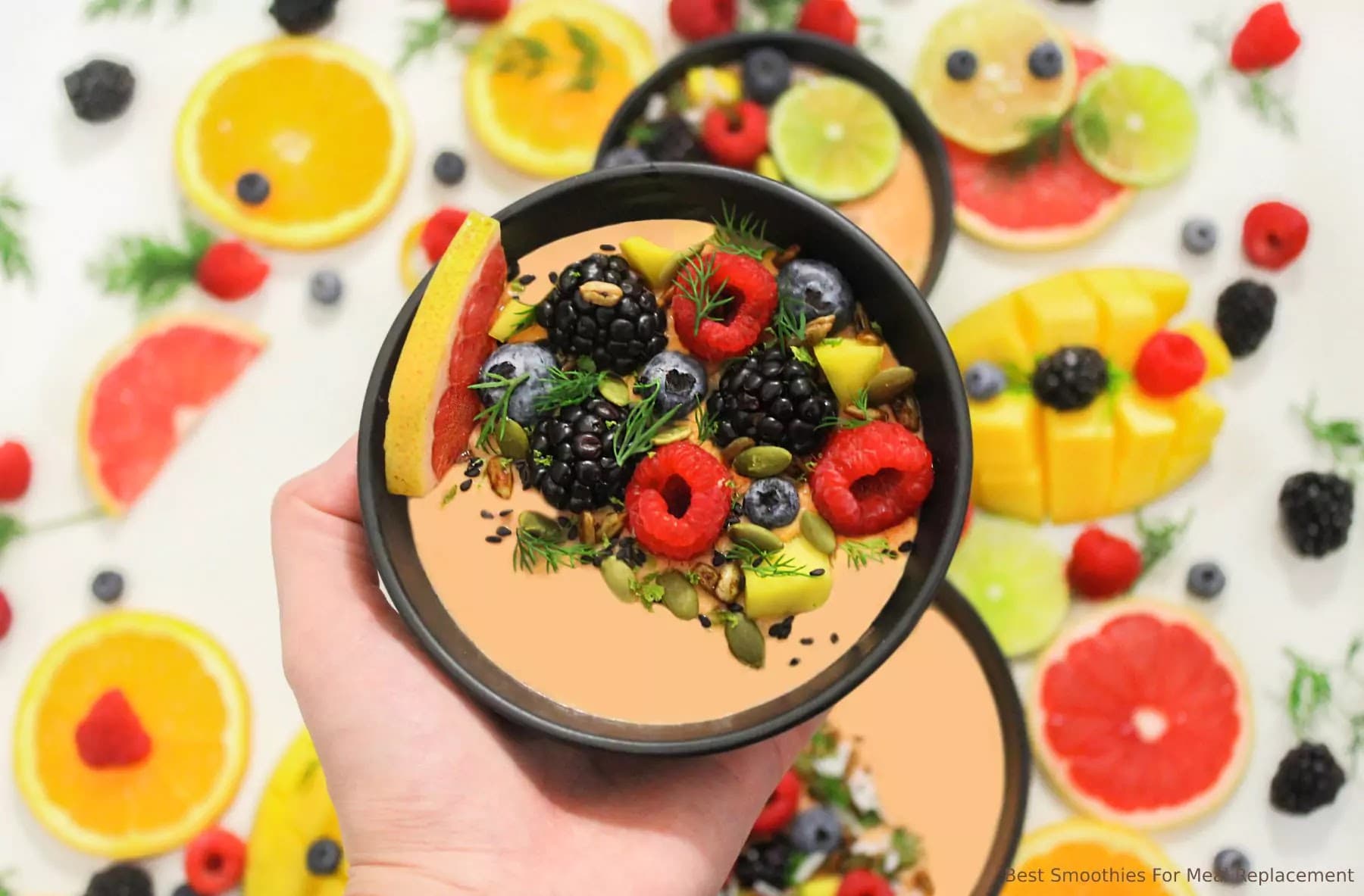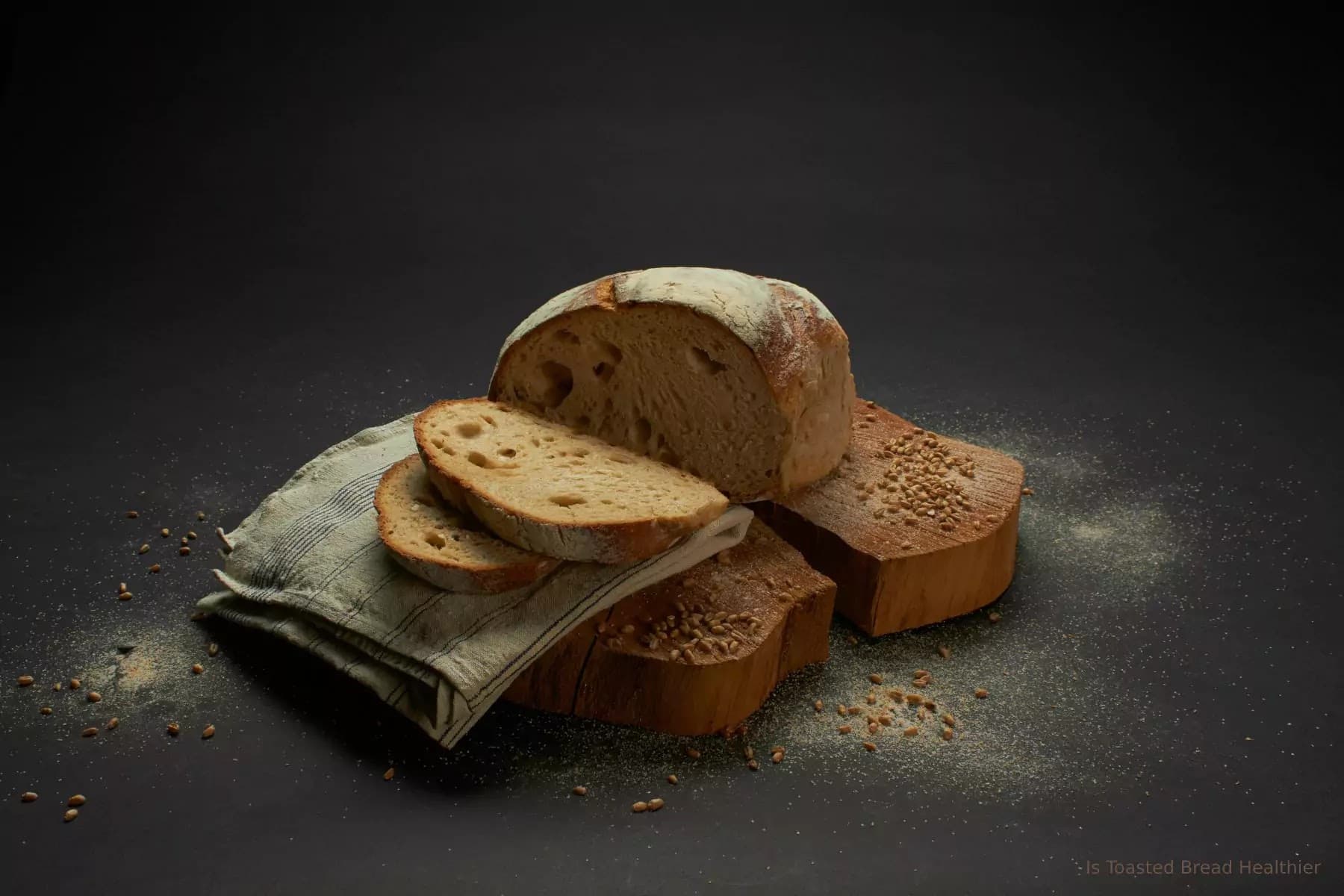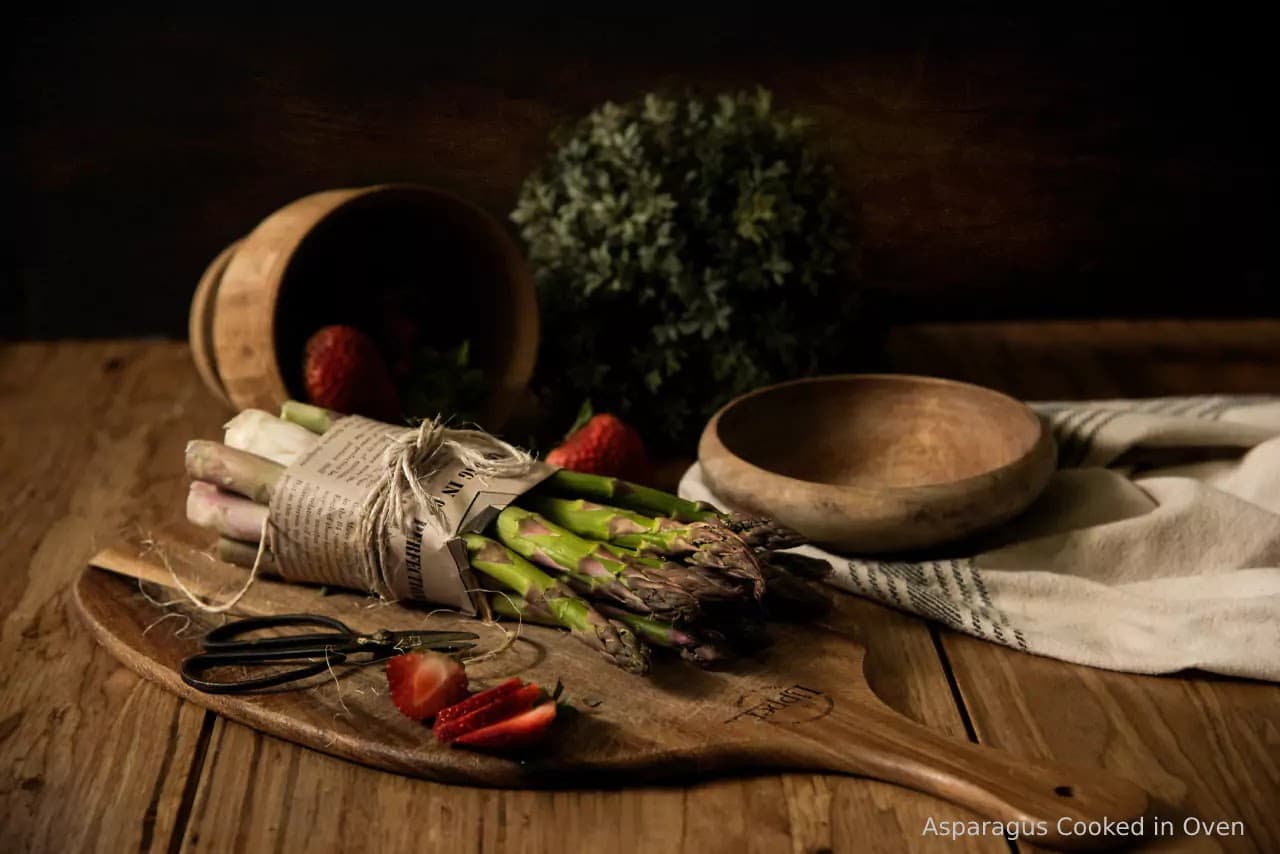15 Drinks That Contain Caffeine | Benefits and Side Effects
Jul 27, 2024 12:00 AM
Health

Wellnession.com - Welcome to the captivating realm of drinks that contain caffeine, where each sip unfolds a unique journey of both benefits and considerations. Indulging in caffeinated beverages offers a stimulating experience, unlocking heightened alertness and a multitude of advantages. However, it's crucial to navigate the intricacies, such as potential teeth stains, and be aware of both the invigorating benefits and occasional side effects. Find more complete information about caffeine with us.
Table of Contents
Table List of Drinks That Contain Caffeine
| No. | Food/Beverage | Caffeine Content (per 8 oz or equivalent) |
|---|---|---|
| 1 | Coffee (various types) | 95 mg - 165 mg |
| 2 | Energy drinks | 70 mg - 111 mg |
| 3 | Espresso coffee | 63 mg - 126 mg |
| 4 | Percolator coffee | 60 mg - 120 mg |
| 5 | Moka coffee | 60 mg - 80 mg |
| 6 | Black tea | 40 mg - 70 mg |
| 7 | Oolong tea | 30 mg - 50 mg |
| 8 | Coffee ice cream | 30 mg - 45 mg |
| 9 | Instant coffee | 27 mg - 173 mg |
| 10 | Chai tea | 25 mg - 50 mg |
| 11 | Green tea | 25 mg - 45 mg |
| 12 | Cola drinks | 22 mg - 46 mg |
| 13 | White tea | 15 mg - 30 mg |
| 14 | Dark chocolate | 12 mg - 30 mg |
| 15 | Milk chocolate | 5 mg - 20 mg |
Benefit Caffeine
Caffeinated drinks have become a habit for people to be able to endure activities or work. Because there are many benefits that can be obtained from caffeine. Here are some of the benefits of caffeine:
-
Elevated Alertness: Caffeine serves as a beacon of alertness, elevating focus and mental acuity. It transforms the morning ritual into a powerful catalyst for a day infused with renewed energy.
-
Cognitive Enhancement: Beyond its immediate effects, caffeine's stimulant properties contribute to improved cognitive function. It's not merely about waking up; it's about maintaining sharpness and efficiency throughout the day.
-
Physical Endurance: Athletes and fitness enthusiasts swear by caffeine as a performance enhancer. Stimulating the central nervous system, not only boosts endurance but also diminishes the perception of effort during physical activities.
-
Potential Long-Term Benefits: Emerging research suggests that caffeine may play a role in long-term cognitive health. Regular and moderate consumption could contribute to preventing cognitive decline and lowering the risk of certain neurodegenerative diseases.
-
Mindful Consumption: As with any potent substance, moderation is paramount. Understanding individual tolerance levels allows for the enjoyment of caffeine's benefits without succumbing to potential drawbacks like jitteriness or disturbed sleep patterns.
-
A Symphony for the Senses: In the grand tapestry of daily life, caffeine orchestrates not just a wake-up call but a holistic enhancement of mental and physical well-being. Each sip becomes a flavorful note in the energizing symphony of our routines.
| Also Read: Can You Eat Cereal With Braces | Can and Can't Eat | Chicago |
Side Effect Caffeine
Drinks That Contain Caffeine are an integral part of many lives, offering a jolt of energy and a burst of flavor. However, in this journey, one cannot overlook the subtle yet impactful side effects that may accompany the consumption of these beloved caffeinated elixirs. Among these considerations is the potential for teeth staining, a consequence attributed to the tannins present in coffee and tea. While these beverages enchant our taste buds, they may leave an indelible mark on our smiles over time, prompting a delicate balance between enjoyment and the preservation of dental aesthetics.
Beyond the realm of aesthetics, the exhilarating benefits of caffeine are often accompanied by the risk of adverse effects. For some individuals, an excessive intake of caffeinated drinks can trigger headaches, counteracting the intended boost in alertness. The delicate balance between reaping the benefits of heightened focus and falling prey to caffeine-induced headaches underscores the importance of moderation in consumption. Embracing a mindful approach allows enthusiasts to savor the positive aspects of caffeine without succumbing to the potential discomfort that headaches may bring.
While caffeine is generally considered safe when consumed in moderation, excessive intake can lead to a more severe concern – caffeine poisoning. This condition, although rare, manifests through symptoms such as rapid heart rate, nausea, and dizziness. Understanding the fine line between the stimulating effects of caffeine and the potential risks of poisoning is crucial for maintaining overall well-being. It is paramount to approach our favorite drinks with an awareness that allows us to revel in the positive aspects while safeguarding against potential side effects.
FAQ
Does Iced Tea Have Caffeine?
The answer, intriguingly, depends on the type of iced tea and its preparation. Traditional black tea, a common base for iced tea, contains caffeine, albeit in varying amounts. The brewing process, steeping time, and the specific tea leaves used all contribute to the final caffeine content. However, for those seeking a caffeine-free alternative, herbal and decaffeinated iced teas offer delightful options without compromising on flavor. The world of iced tea unfolds as a versatile canvas where the caffeine narrative interplays with nuances of taste and personal preferences, making every chilled sip a refreshing journey into a realm of possibilities.
Does Twisted Tea Have Caffeine?
Delving into the delightful world of Twisted Tea unveils a nuanced answer. Traditionally brewed with real tea, Twisted Tea does contain caffeine, albeit at moderate levels. The exact amount can vary based on the specific product and recipe, making it essential for enthusiasts to check the label for accurate information. This revelation adds a layer of intrigue to the experience, as sipping on Twisted Tea becomes not just a refreshing indulgence but a delightful exploration of flavor and caffeine nuances.
How Much Caffeine in Starbucks Frappuccino?
Coffee Frappuccino (Coffee-flavored base):
Tall (12 oz): Around 65 mg of caffeine
Grande (16 oz): Around 95 mg of caffeine
Venti (24 oz): Around 130 mg of caffeine
Mocha Frappuccino:
Tall (12 oz): Around 60 mg of caffeine
Grande (16 oz): Around 95 mg of caffeine
Venti (24 oz): Around 140 mg of caffeine
Caramel Frappuccino:
Tall (12 oz): Around 65 mg of caffeine
Grande (16 oz): Around 90 mg of caffeine
Venti (24 oz): Around 120 mg of caffeine
‘Caffeine – where every cup is a journey, and every journey is a sip worth savoring.’ |
Conclusion
In the ever-evolving landscape of beverages, exploring the realm of Drinks That Contain Caffeine has proven to be a fascinating journey. From the aromatic brews of coffee varieties to the refreshing allure of iced tea, and the iconic indulgences like Starbucks' Frappuccino, each sip carries a story of flavor, energy, and cultural resonance. The ubiquity of caffeinated delights like Frappuccino at Starbucks exemplifies not just a beverage choice but a lifestyle statement, blending innovation and tradition. As iced tea continues to charm with its versatility and cooling embrace, the world of caffeine-infused drinks remains a canvas of endless possibilities. Whether it's the invigorating burst from a freshly brewed coffee or the chilled satisfaction of an iced tea, these beverages weave a tapestry of experiences, marking moments of connection, productivity, and pure indulgence.








